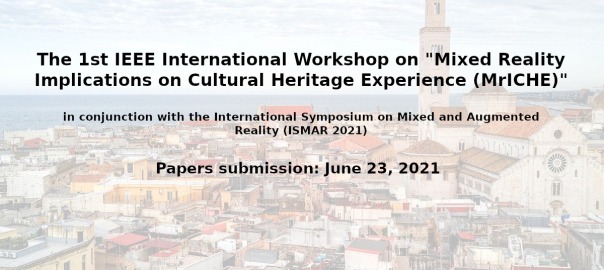I was intending to propose the following book proposal to a major publisher. I think, with recent events, I will wait until the end of 2020 before I revisit the project/proposal, but any feedback would be useful (too simplistic, not relevant, missing important key ideas etc)..
Below is an abridged extract:
At various conferences over the years, in game studies, virtual worlds, or philosophy of place, I am continually reminded how easily philosophy has been haphazardly inserted into presentations by game, VR, and media studies scholars. But I have also been surprised at the low level of engagement in VR concepts (in terms of computer science and user experience design) by philosophers.
For example, the famous philosopher Hubert Dreyfus conflated the Internet with the World Wide Web in his book On the Internet. The public may not see a distinction between an international organization of servers, and the software that links the webpages that runs on these servers but it is a crucial distinction to make when you are building and deploying VR. However, Professor Dreyfus also made a philosophical and historical error: using Kierkegaard’s and Nietzsche’s criticisms of the 19th century press to extrapolate that they would have hated the Internet (Dreyfus probably meant webpages, not the Internet).
The Internet is now merging, in fits and starts, with VR. There are massive gaps between the popular concept of VR, the development of VR “in the trenches” and the contextual soundness of the philosophers who talk to the public about VR. And very little literature bridging these communities at an accessible and useful level for university students.
This book aims to clarify conflicting interpretations of virtual reality (VR) in a way that would allow beginning scholars to quickly find key philosophers or methods and apply them appropriately to conceptual problems in the development and evaluation of VR projects. It is not a manual to design VR environments, nor a treatise on philosophy to philosophers, but a guide to explaining how even traditional philosophical questions can be re-examined using current and future VR technologies.

